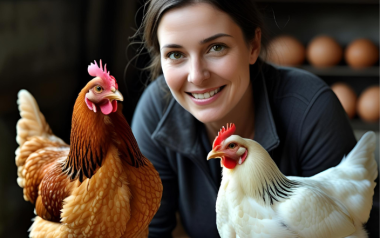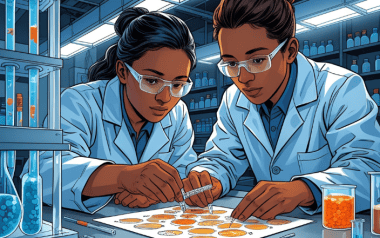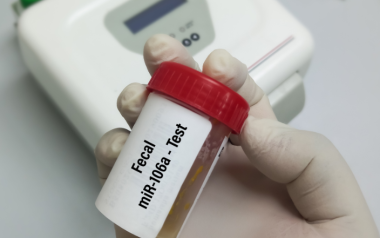To ensure a cost-effective insect-based protein production, the ideal insect candidate should have a short reproduction cycle and should be nutritious, providing high concentrations of protein and sulfur-containing amino acids.
14 Jul 2021
Insects as a feed ingredient in poultry diets
The inclusion of insect proteins as raw material plays an important role in commercial feed and in developing intensive farming systems. The ideal insect should have a short reproduction cycle and be nutritious, providing high protein and sulfur-containing amino acids.
Available in other languages:
Content available at:
العربية (Arabic)
The intensive growth of poultry production in the last decades has required greater availability of ingredients. Especially those with a higher percentage of protein to supply the amino acid requirements necessary for the functions related to maintenance, feather development and cover, growth, egg production, and reproduction.
Despite there being different vegetable protein sources for poultry, such as soybean meals, legumes, and rapeseed, more availability of amino acids can be found in animal-based protein. However, due to the cross-contamination and negative animal health impact, not all can be formulated in poultry diets.
Currently, alternative protein sources of comparable value are therefore urgently needed to make poultry production a sustainable production form in the future. Here, the inclusion of insect proteins as raw material plays an important role in commercial feed and in developing intensive farming systems for new six-legged livestock.
Features of Insect Meal
The features of insect meals depend on the type of insect used in the diet. However, here are some general characteristics:
- Insects are a rich source of protein, essential amino acids, and fat.
- The protein content of insect meals varies from less than 40% to over 60%.
- There are variations in protein and fat content even when the meals are from the same species.
- Insect meals compared to fishmeal contain a lower concentration of methionine.
- The calcium concentration is usually lower than that of fishmeal.
The nutrient concentration of insects depends on
TO CONTINUE READING REGISTER IT IS COMPLETELY FREE
Access to articles in PDF
Keep up to date with our newsletters
Receive the magazine for free in digital version
REGISTRATION
ACCESS
YOUR ACCOUNT
LOGIN
Lost your password?






































